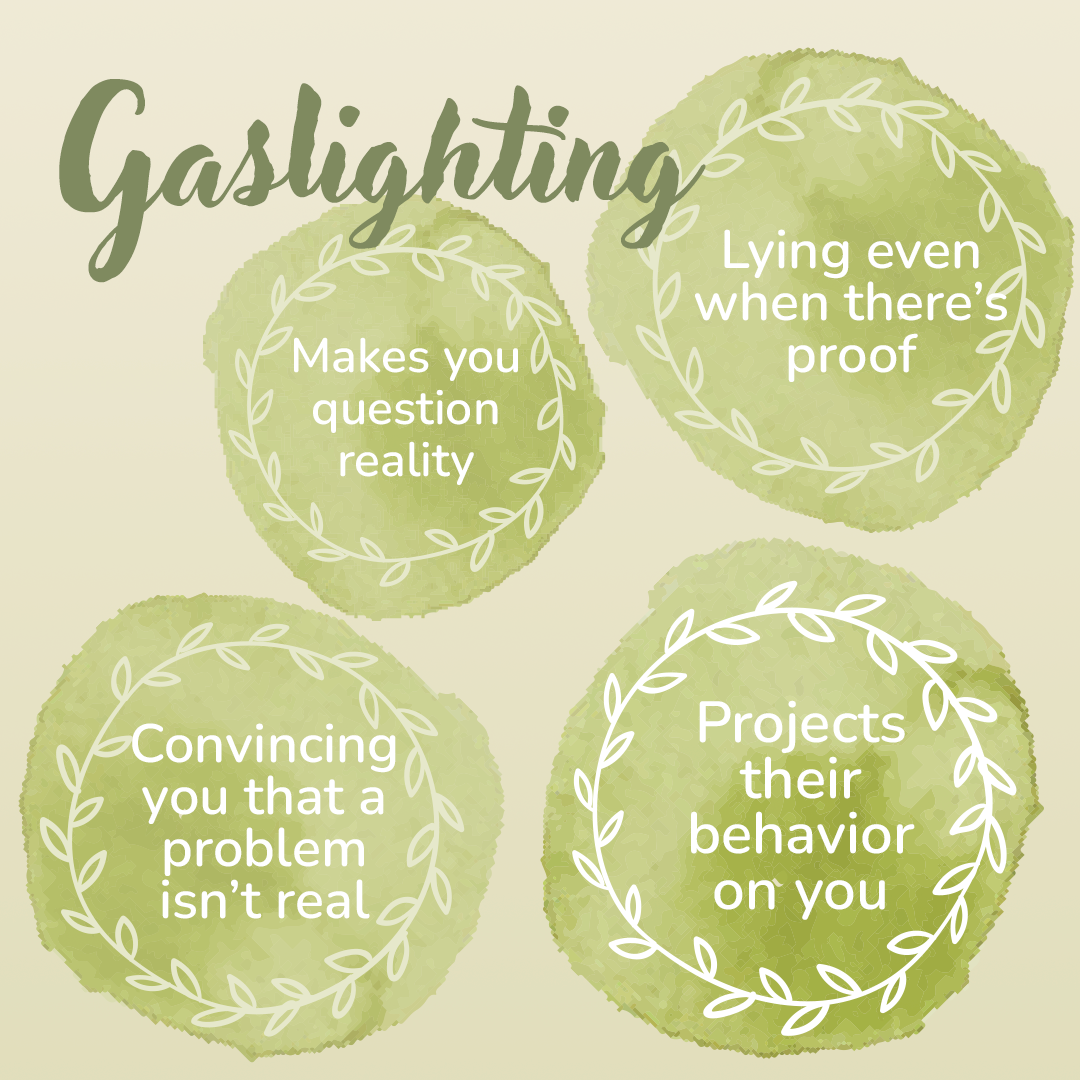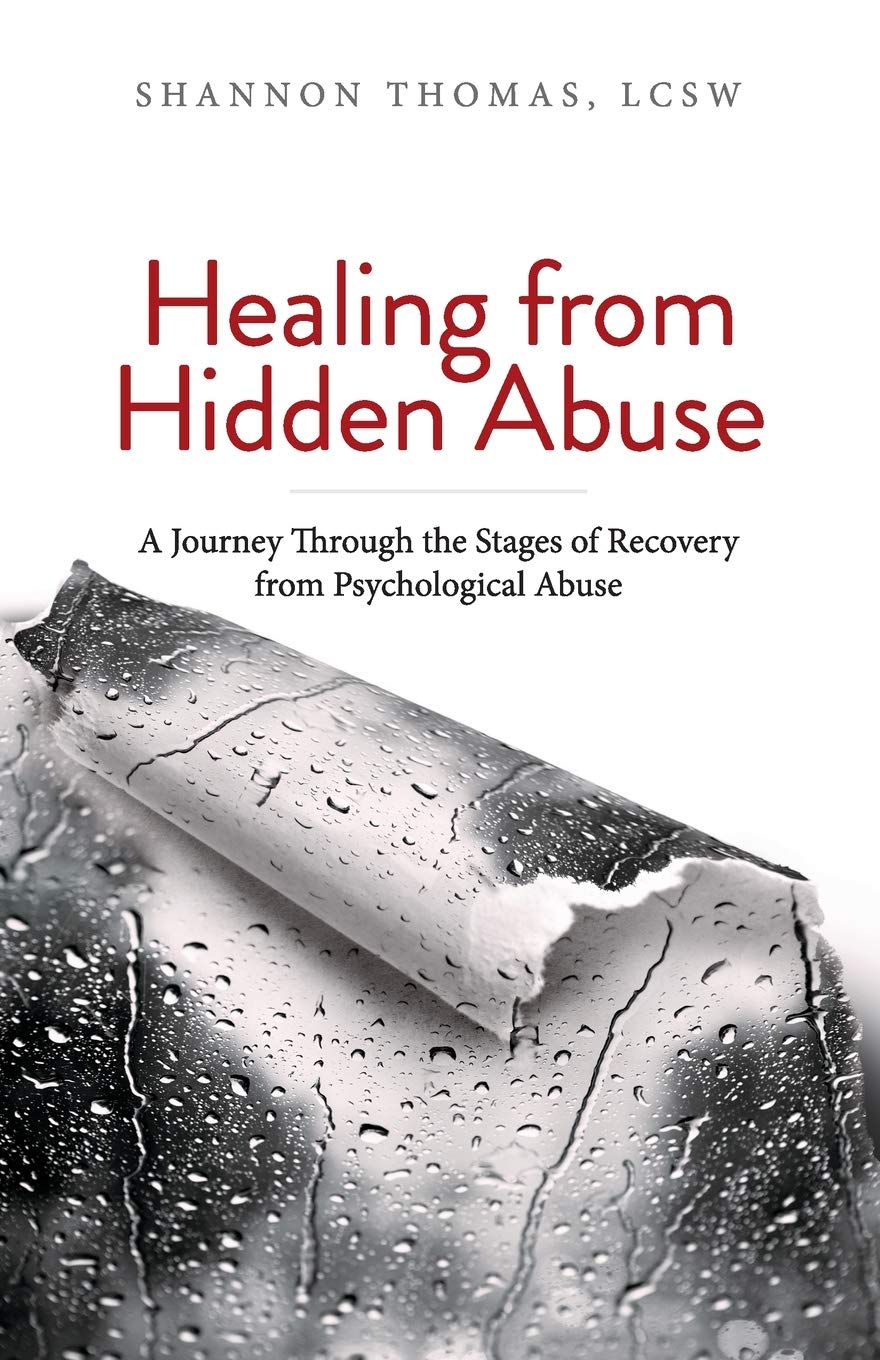Are you in a relationship with a narcissist? Here’s what to look for.
The common relationship characteristics — Narcissistic Personality Disorder (NPD)
Here are the common signs you may be dating a narcissist. A disordered person will display many of these, consistently. It is common for people to display these traits on occasion, but a person with NPD will use these repeatedly and consistently.
Control
All of the unhealthy characteristics in this list are a tool for influence and control over another person. A person who behaves in a toxic way, or who is abusive will use any of the items in this long list to coerce and control. Controlling people are typically reacting because of their insecurities. Some psychologists will say they act of from a sense of emotional fragility and heightened vulnerability. But let’s not analyze them. What matters is that you realize the person you are interacting with — whether it be your boss, partner, parent, friend, etc — is using techniques to control you, no matter the reason, This is not ok. Look at every bullet point on this list and see how they are being used to manipulate and control you. Then make plans to get yourself help so you can regain a sense of true self and take your power back.
Accountability
A healthy partner will admit their mistakes, own up to them, and not twist things around to be your fault. It takes a level of maturity to take responsibility for one’s actions. A caring partner or family member will try to do better without making their child, sibling, partner, parent, or friend feel like they have any part of the blame — even if they do. It’s about being a grown-up (mature) and looking at how to improve a situation. It’s about love.
Betrayal, Blame, Belittling, Bullying
We all make mistakes. A partner or family member may betray you without the realization of their actions, but if they take accountability for this, you have a healthy relationship. If betrayal happens frequently, you may have a problem in the relationship. When a partner begins to blame you for their actions, makes excuses, or begins to belittle you, this is a power move. Bullying is another way to put you down and try to assert power and control over you. If you start to feel stupid or ashamed, this is a sign of emotional immaturity and a clear indicator of an unhealthy relationship. Emotionally immature people make themselves feel powerful by listing all your wrongs, failures, and shortcomings.
Criticism, Humiliation, Insulting, Disrespect
The above paragraph could be repeated here.
In addition, a narcissist can and will try to assert power over you by insulting your choices, what you choose to wear, the way you react, the way you write, talk, act, or even the way you walk! We know that at the beginning of your relationship, the narcissist praised you and complimented you so much that you felt like the most wonderful person in the world. So when the criticism or humiliation comes around, you are in disbelief. It sometimes feels as if it comes out of nowhere and you begin to doubt yourself. “Am I really a bad writer?” You ask yourself this even though you may be accomplished in your career. “Do I really have a bad bedside manner?” you ask yourself even though you have been working as a nurse for the past 10 years with no complaints from patients or coworkers?
During the devaluation period, a narcissist will begin to tear down your self-confidence by disrespecting you. They may not act like this in front of others. You may find yourself trying to teach them the basic rules of respect.
Bullying, Intimidation
No one likes a bully and we all have been told they are insecure little humans caught in their big bully bodies. And no one gets to be more of a bully than a narcissist. Not all are bullies, but when they use this tactic, it makes them feel powerful and in control. They can be very aggressive and this is when their behavior can become violent. They most likely do not start out this way or you would not have stayed with them. Typically, no one who is punched on their first date goes back for a second. By the time you are experiencing the bully narcissist, you have already been groomed to love and trust them. You are already invested in the relationship which then makes walking away that much more difficult. Narcissistic bullies can be very mean, and over time their behavior will escalate. Please seek the help of a good therapist so that you can find a way out.
Gaslighting
Gaslighting is a manipulative tactic in which a person, to gain power and control of another individual, plants seeds of uncertainty in another person’s mind.

Rebecca Ray, a Licensed Marriage and Family Therapist states:
Gaslighting is used during conflict as an abusive way to destroy their partner’s confidence. The gaslighting is so subtle, that most people don’t even realize it’s happening. The person using gaslighting uses this tactic to control the thoughts, feelings, and behaviors of their partner. This cycle happens repeatedly and is so subtle, that the victim feels stupid, unsure of themself, afraid, and questions their own sanity.
Crying, Fear, Loneliness, Shame, Isolation
When you feel this way in a relationship, this is not love! Yes, every relationship has its ups and downs. However, with a narcissist, you will eventually feel this way repeatedly. It’s not just a phase. This is the result of narcissistic abuse — an abuse that is characterized by all of the traits listed here which happens often. Love and respect do not include shame. If you are being shamed, if you find yourself crying often, if you feel fear and loneliness, this is the result of being in a relationship that is not working and is most likely abusive.
Jackson MacKenzie in his book Psychopath Free writes:
It’s a dark journey that will throw you into spells of depression, rage, and loneliness. It will unravel your deepest insecurities, leaving you with a lingering emptiness that haunts your every breath.
Dishonesty, Lying
If you are dating or married to or even a child, co-worker, or sibling of a narcissist, lying comes with the territory.
By inflating truths, narcissists attempt to make themselves smarter bigger, more special, and more talented than they are. It makes them feel superior. After a while, they may even begin to believe their lies about themselves!
When lying, they are trying to make themselves appear dominant. Having a victim at their side to whom they can lie provides them with a constant narcissistic supply, someone that fuels their sickness. Lying will also make you feel crazy, which will chip away at your self-confidence. When your self-confidence dips, a narcissist’s ability to control you increases.
Jealousy
When you have suspicions about your partner, this is a red flag.
Jackson MacKenzie writes in Psychopath Free: Recovering from Emotionally Abusive Relationships With Narcissists, Sociopaths, & Other Toxic People (p. 37):
During a relationship with a psychopath, you are likely to experience a range of emotions that you’ve never felt before…
You probably didn’t consider yourself to be a jealous person before you met the psychopath. You might have even taken pride in being remarkably relaxed and open-minded. The psychopath recognizes this and seeks to exploit it.
Financial Abuse
Financial abuse can be defined as control of a partner or ex-partner’s money and finances.
Economic abuse can include exerting control over income, spending, bank accounts, bills and borrowing. It can also include controlling access to and use of things like transport and technology, which allow us to work and stay connected, as well as property and daily essentials like food and clothing. It can include destroying items and refusing to contribute to household costs according to Dr Nicola Sharp-Jeffs OBE, Founder and CEO of Surviving Economic Abuse (SEA) UK’s charity organization dedicated to raising awareness of economic abuse and transforming responses to it.
Taking out a line of credit in your name without your consent, stopping child support payments, moving money from joint into secret accounts… these are just a few examples of economic abuse. For further reading on this subject, check out Shannon Thomas’ book, Exposing Financial Abuse: When Money Is a Weapon.
So, are you dating a narcissist?
It is always up to you to decide when you have had enough. Learn about narcissism, find a support system, and seek out a therapist who is knowledgeable in psychological abuse, narcissism, and PTSD. It’s always good to get professional help if you suspect you are dating a narcissist. You are worth it. Do not let anyone put you down or make you feel inferior.
Psychopaths use their mind games on every target—it’s always the same. But they also recognized that you were emotionally intelligent and uniquely perceptive. The fact that you’re reading this book is not some sort of accident—you’re a truth seeker, determined to find out what just happened to you.
Jackson MacKenzie Psychopath Free: Recovering from Emotionally Abusive Relationships With Narcissists, Sociopaths, & Other Toxic People
Over time, the NPD slowly chips away at the victim’s sense of self-worth. Through lies and gaslighting, they put them down and cause them to doubt themselves. Through this emotional abuse, they can control the victim. But because the NPD has no conscience, they never feel regret or remorse for mistreating their partner.





